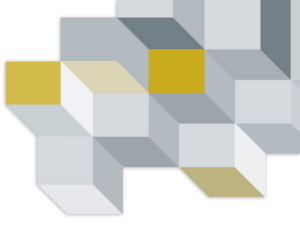
Communication on artificial intelligence and its exploration is shaped and transformed by topical and narrative structures. This fundamental assumption will be explored by the interdisciplinary Research Unit 1.
Communication on artificial intelligence and its exploration is shaped and transformed by topical and narrative structures. This fundamental assumption will be explored by the interdisciplinary Research Unit 1. In close cooperation with Unit 2, a total of three corpora on thematic, topical, but also fictional, and figurative structures in AI discourse will be built and analyzed. These will serve as a foundation for research on specific characteristics of science communication in AI discourse. The Center itself will yield new material, e.g., by conducting focus groups, citizen conferences, or online chats with scientists and pupils, which will also be incorporated and will form the basis for rhetorical and discourse-analytical research work.
In cooperation with Cyber Valley, Unit 1 also offers an in-residence program for experienced science journalists. During the stay, the journalist-in-residence gains the opportunity to learn about the basics and the frontiers in machine learning, computer vision, and robotics.

Chair Science Communication with a focus on linguistics
Karlsruhe Institute of Technology
Website
Karlsruhe Institute of Technology

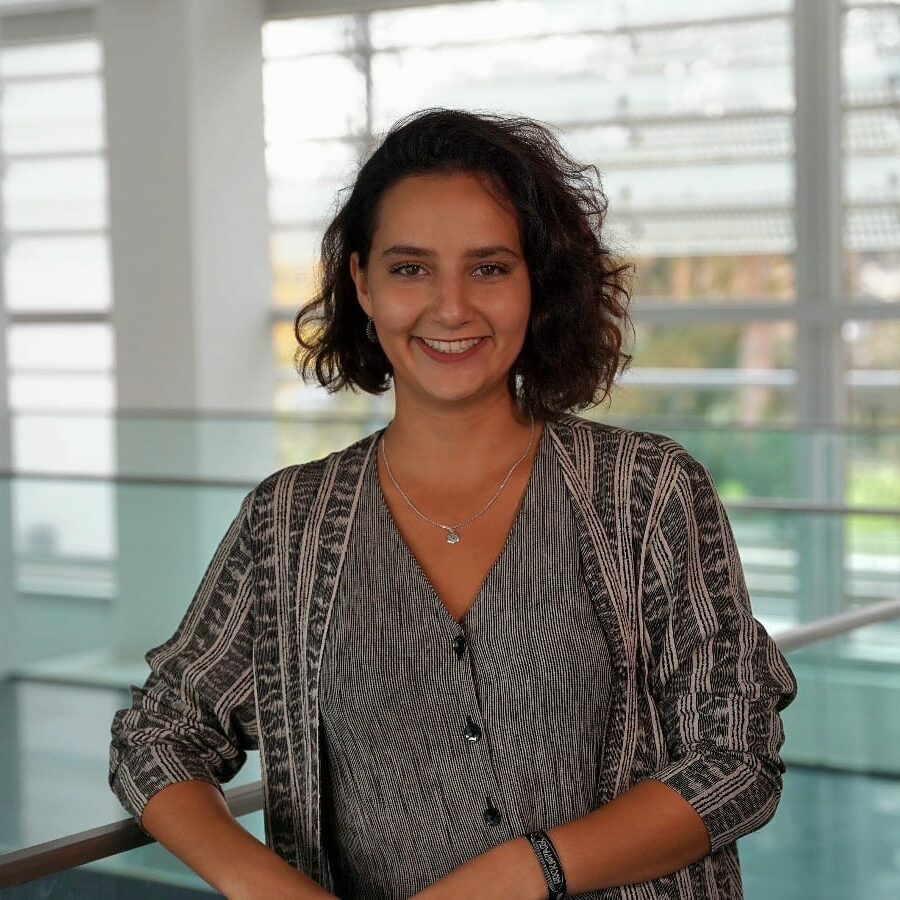
PhD candidate
"Impfangebot, Impflicht oder Impfzwang? Was mich als Linguistin fasziniert, ist, wie viel ein einzelnes Wort über die Wahrnehmung von Wissenschaft und Gesellschaft verraten kann– vielleicht aber auch nicht muss."
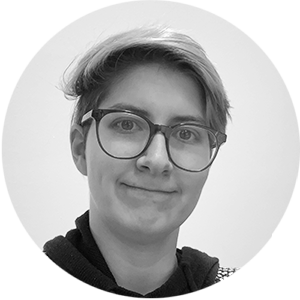

Dr. Nina Kalwa
To analyze these representations, we will create a database of moving and static images of AI.

Institute for Media Studies
Director Center for Media Competence
Director Research Center for Animation and Emerging Media
Institute of Media Studies


Post-Doc AI and Visual Culture
Project Management & Research Knowledge Design

Lukas Kohmann


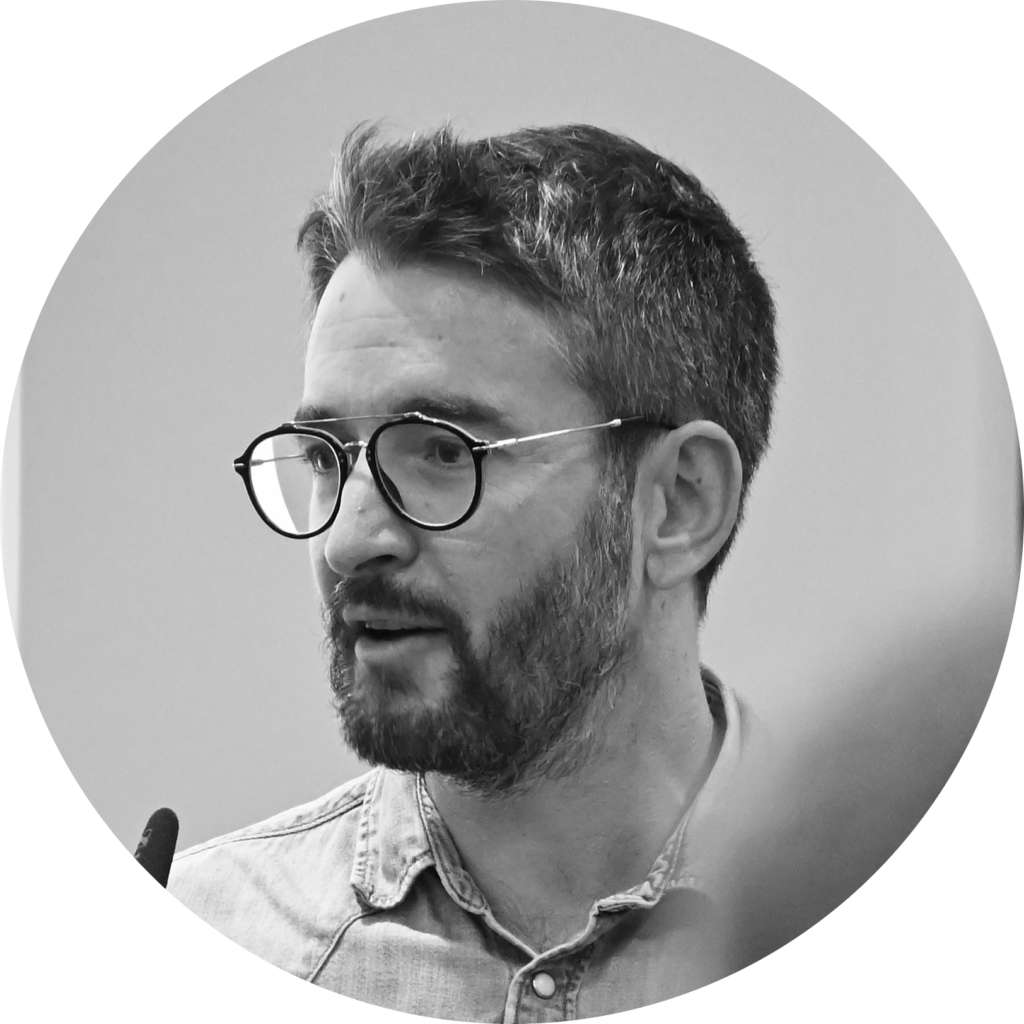


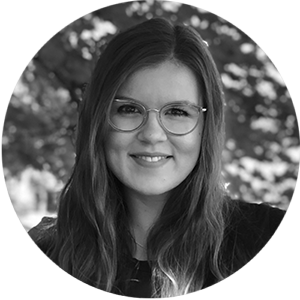

Professor of Rhetoric and Science Communication
Rhetoric Department
Public Engagement Manager University Tübingen


Project management I’m a Scientist and Junior Science Café KI
Wissenschaft im Dialog
Project management I’m a Scientist and Junior Science Café KI
Wissenschaft im Dialog

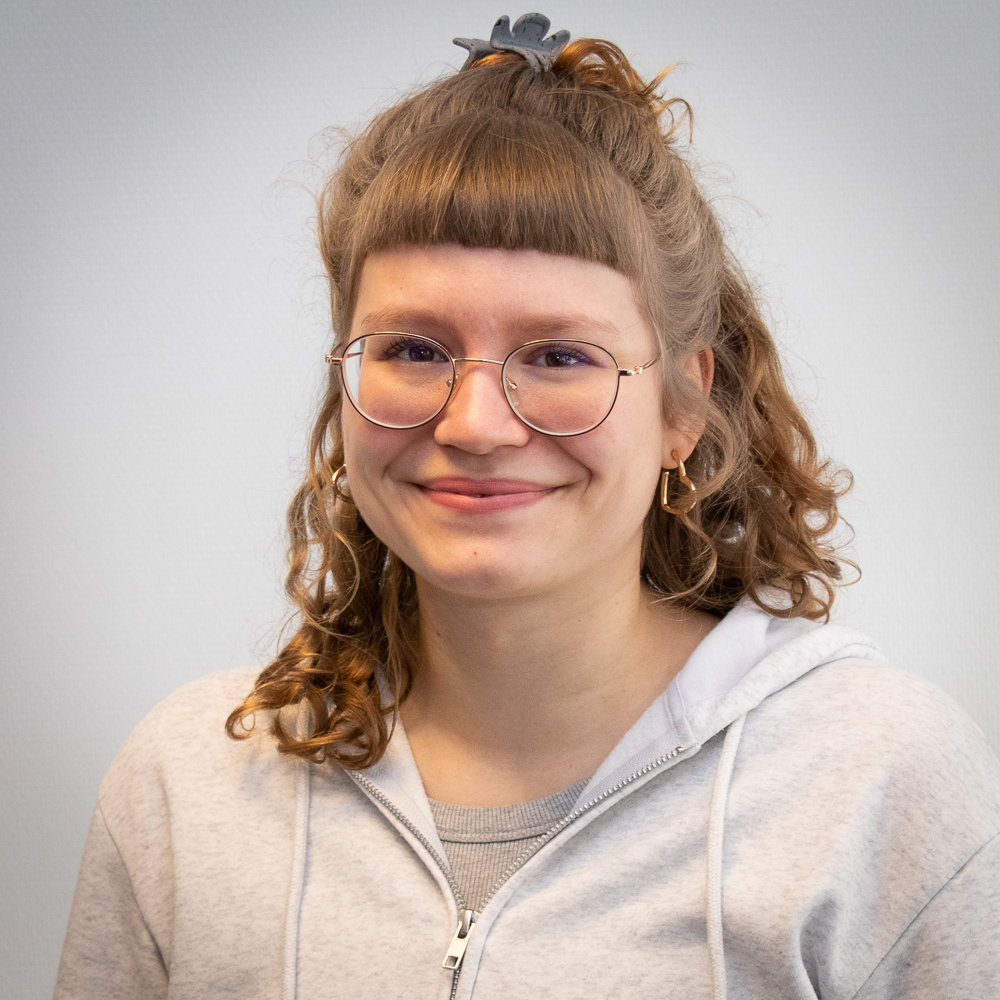
PhD candidate
Strategic knowledge integration and epistemic injustice in deliberative public engagement formats; Practical project: Citizens Council 'KI und Freiheit'

OBVIA Montréal

Computational Neuroscience and Data Science
Excellence Cluster Machine Learning


Computational Neuroscience and Machine Learning
Director Tübingen AI Center
